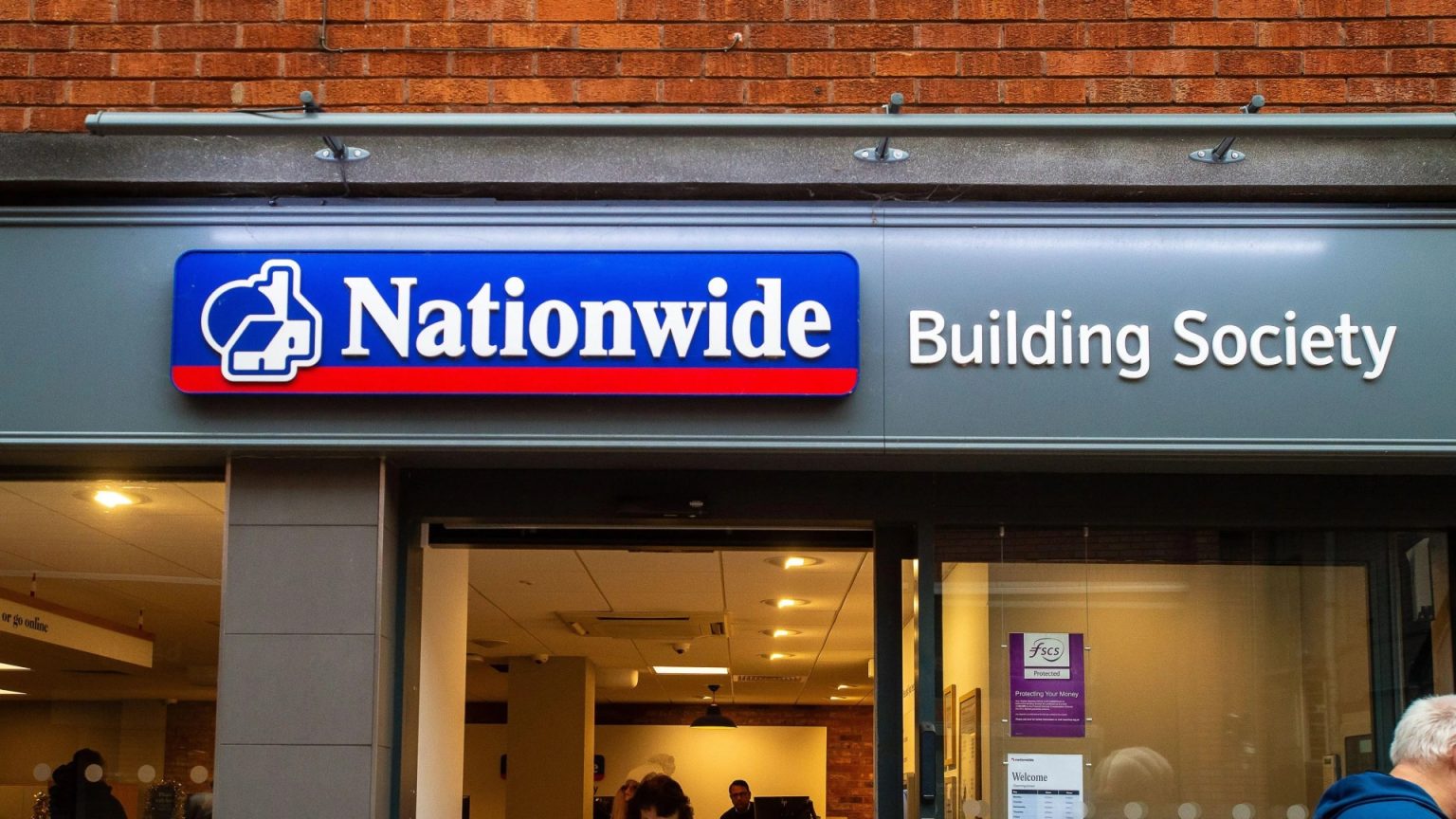Nationwide Building Society has sparked outrage amongst prospective first-time homeowners by raising the minimum income requirement for its Helping Hand mortgage scheme. This program, designed to assist those with lower incomes in purchasing homes in expensive areas, previously allowed single applicants earning £35,000 annually to qualify. The threshold has now been raised to £40,000, effectively excluding a significant portion of potential buyers and fueling frustration amongst those struggling to enter the property market. Critics argue that this increase makes homeownership even more unattainable for young people and those whose salaries haven’t kept pace with inflation and escalating house prices. The change is particularly impactful given the already challenging market conditions faced by first-time buyers. The raised income requirement necessitates earnings above the national average salary for full-time employment, further limiting access to the scheme. While the income requirement for joint applicants remains at £55,000, the increase for solo buyers is seen as a setback for those hoping to purchase a home independently.
The Helping Hand mortgage allows borrowers to borrow up to six times their income, enabling them to access higher-priced properties with smaller deposits. This feature, combined with the option of borrowing up to 95% of the property value (requiring only a 5% deposit), makes it an attractive option for those struggling to save a substantial down payment. The scheme offers both five and ten-year fixed-rate mortgages, providing stability and predictability in monthly payments. However, the increased income threshold now restricts access to these benefits, potentially forcing prospective buyers to explore less favorable mortgage options or delay their homeownership plans altogether. The exclusion of self-employed individuals and those utilizing affordable housing schemes further narrows the pool of eligible applicants.
The move by Nationwide comes at a time when first-time buyers are already facing significant hurdles due to stagnant wages, rising living costs, and inflated house prices. This has prompted discussions about relaxing lending rules to facilitate homeownership. Proposals include encouraging banks to offer more loans with smaller deposits and easing restrictions on borrowing limits. Additionally, there is consideration of incorporating rental payment history into affordability assessments, recognizing that many first-time buyers can comfortably afford higher monthly payments than their current rent. This shift would provide a more accurate reflection of their financial capacity and potentially unlock access to more suitable mortgage options.
Current regulations cap the amount lenders can lend to individuals whose property value exceeds 4.5 times their annual income, limiting borrowing power for many first-time buyers. This restriction, designed to protect borrowers from potential interest rate hikes, can hinder access to the housing market. However, proposals are being considered to adjust these rules, potentially enabling greater borrowing capacity and expanding opportunities for aspiring homeowners. The Financial Conduct Authority is currently reviewing regulations with the aim of removing unnecessary barriers and facilitating greater access to mortgages.
The Nationwide situation underscores the complex landscape of the UK housing market, highlighting the challenges faced by first-time buyers and the ongoing debate surrounding lending practices. Various mortgage options exist, including fixed-rate, tracker, and standard variable rate (SVR) mortgages, each with its own set of advantages and disadvantages. Fixed-rate mortgages offer payment stability, while tracker mortgages fluctuate with the Bank of England base rate. SVRs, often the default rate after a fixed-term deal expires, tend to be higher than other options. Navigating these choices requires careful consideration of individual financial circumstances and risk tolerance.
The government is exploring potential solutions to address the affordability crisis, with proposals aimed at streamlining lending practices and making homeownership more accessible. These discussions involve the possibility of easing deposit requirements and recalibrating affordability assessments to better reflect the financial capacity of prospective buyers. The Financial Conduct Authority’s commitment to removing unnecessary regulatory hurdles further emphasizes the focus on creating a more inclusive housing market. The ongoing dialogue between the government, regulators, and lenders underscores the complexity of the issue and the need for innovative solutions to address the challenges faced by aspiring homeowners. Ultimately, the goal is to strike a balance between fostering homeownership and ensuring responsible lending practices that protect borrowers from financial risk.
The Nationwide controversy highlights the ongoing struggles of first-time buyers in the UK’s competitive housing market. The lender’s decision to raise the income threshold for its Helping Hand mortgage scheme adds another layer of difficulty for those aspiring to own a home. The move has sparked widespread criticism and fueled concerns about the growing affordability gap. The debate over lending practices and the potential for regulatory adjustments continues, as policymakers and industry stakeholders seek ways to make homeownership a more attainable goal for a wider range of individuals. The evolving housing market landscape requires ongoing evaluation and adaptation to ensure a fair and accessible system for all.











